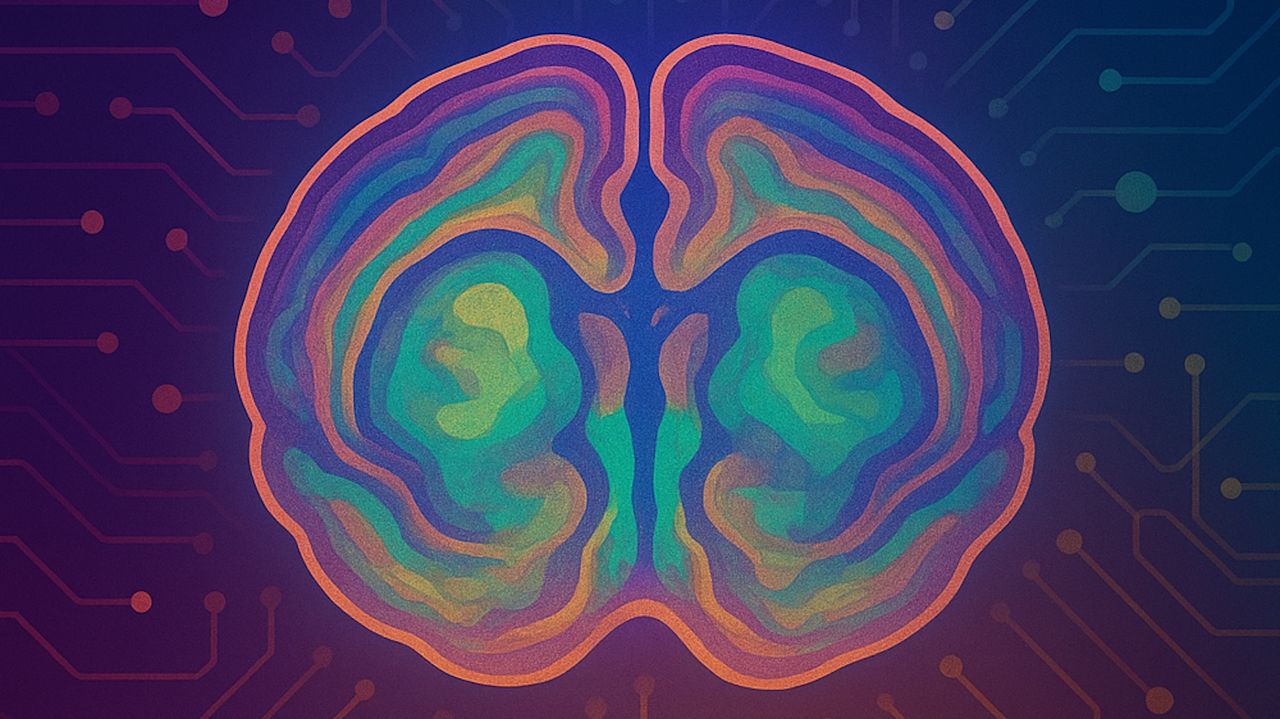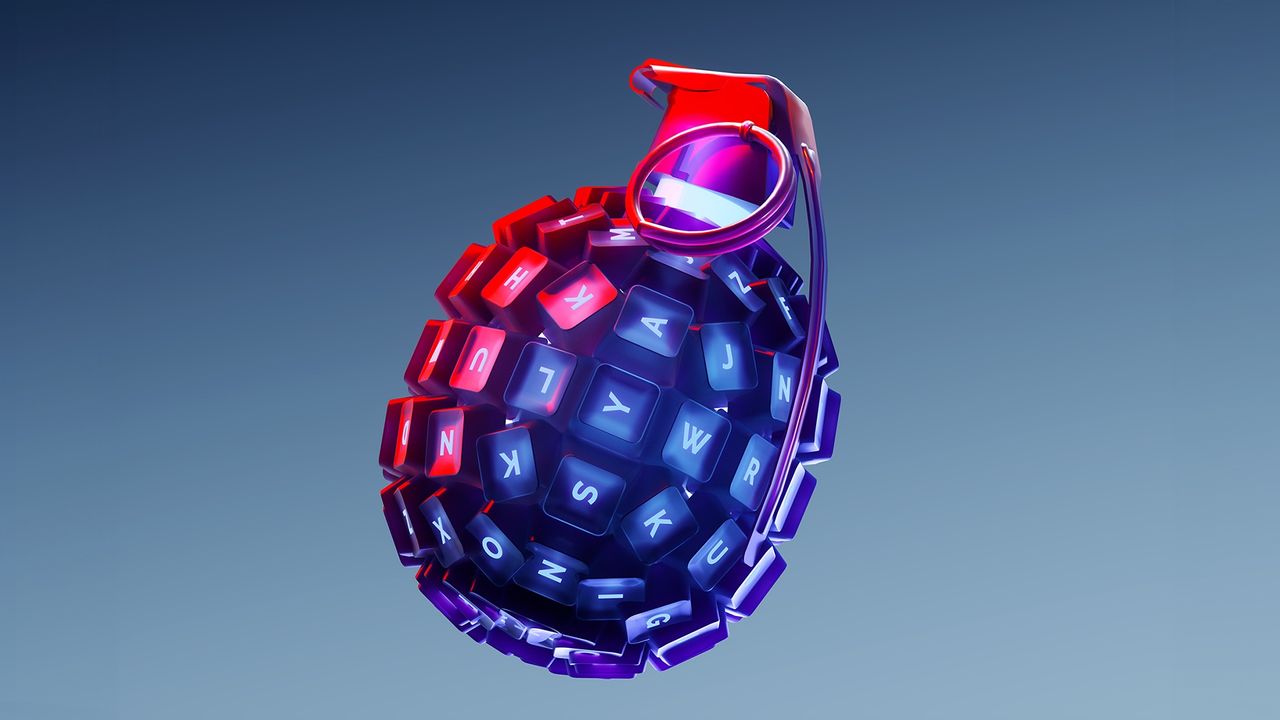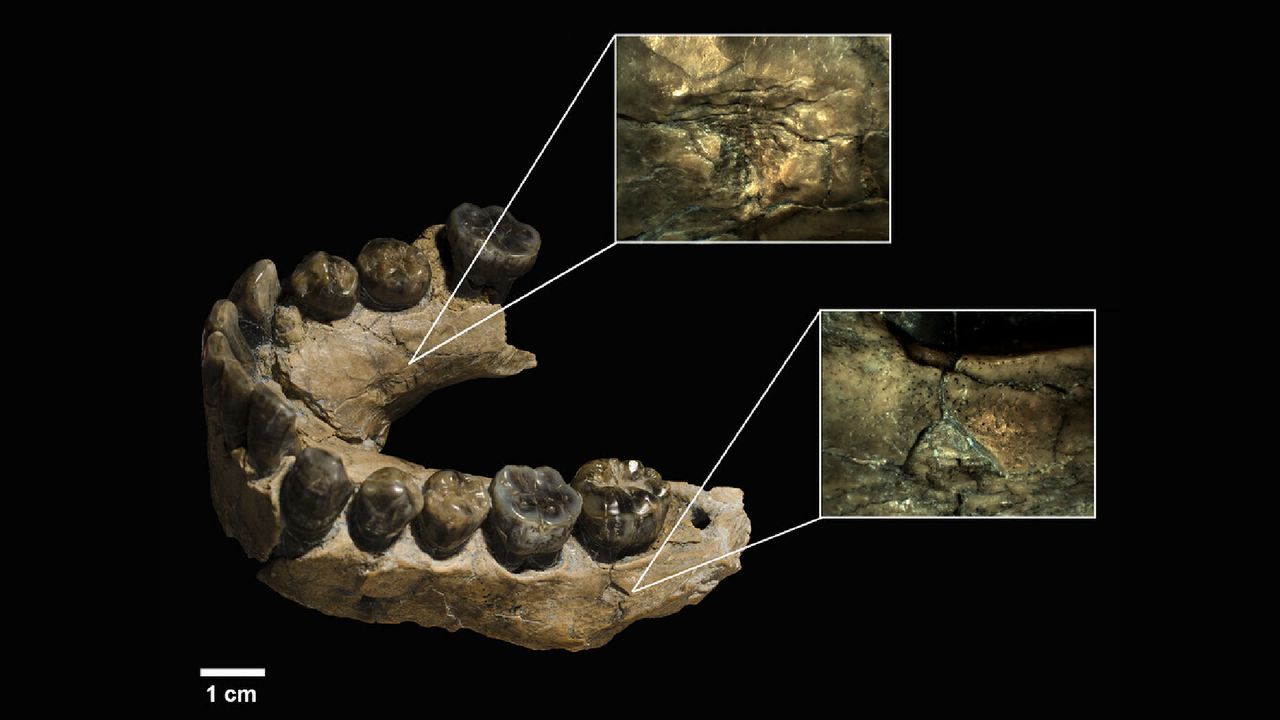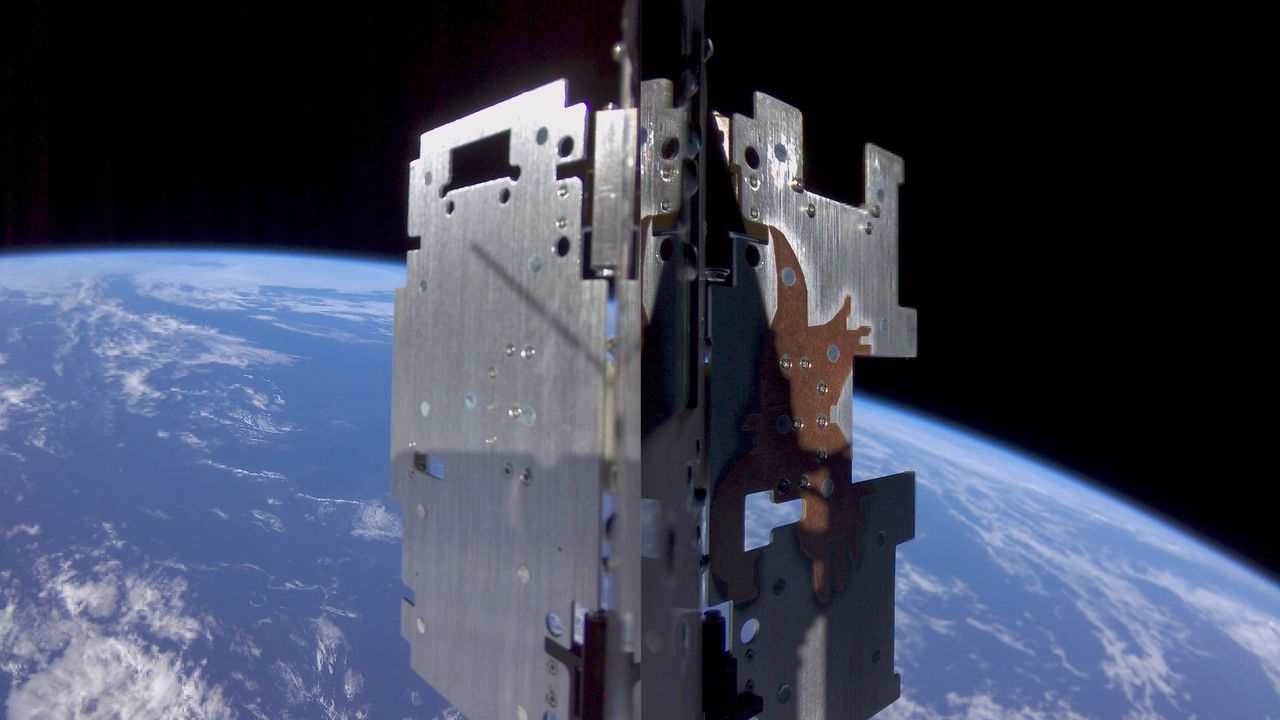Bridging the Gap: How AI Can Help—or Hinder—the SDGs
PositiveScience
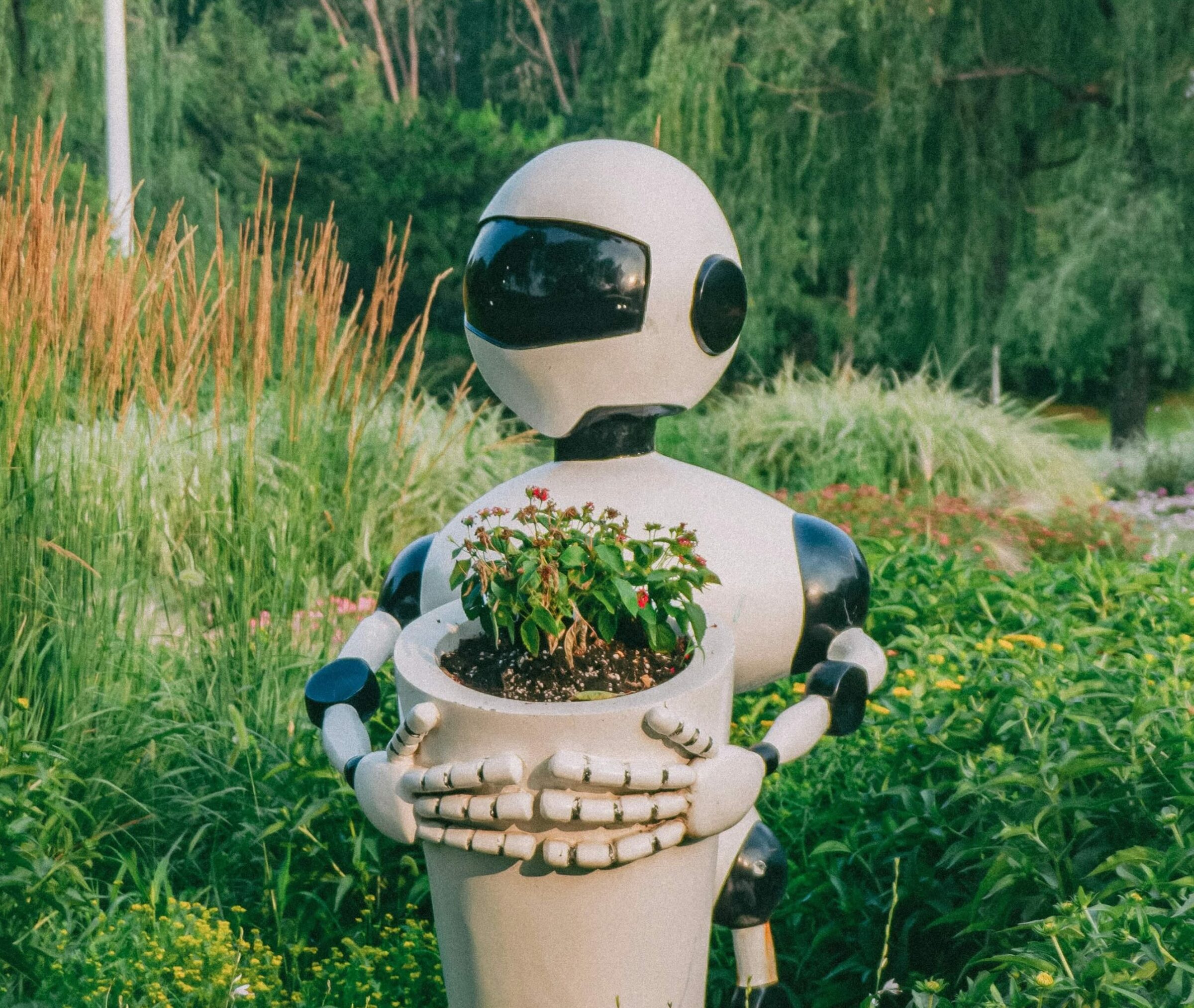
The article discusses the crucial role of artificial intelligence (AI) in achieving the Sustainable Development Goals (SDGs). It emphasizes that while AI has the potential to reduce costs and improve access to resources, its application must be carefully managed to avoid exacerbating existing inequalities. This conversation is vital as it highlights the need for responsible AI deployment to ensure that technological advancements benefit everyone, particularly marginalized communities.
— Curated by the World Pulse Now AI Editorial System

